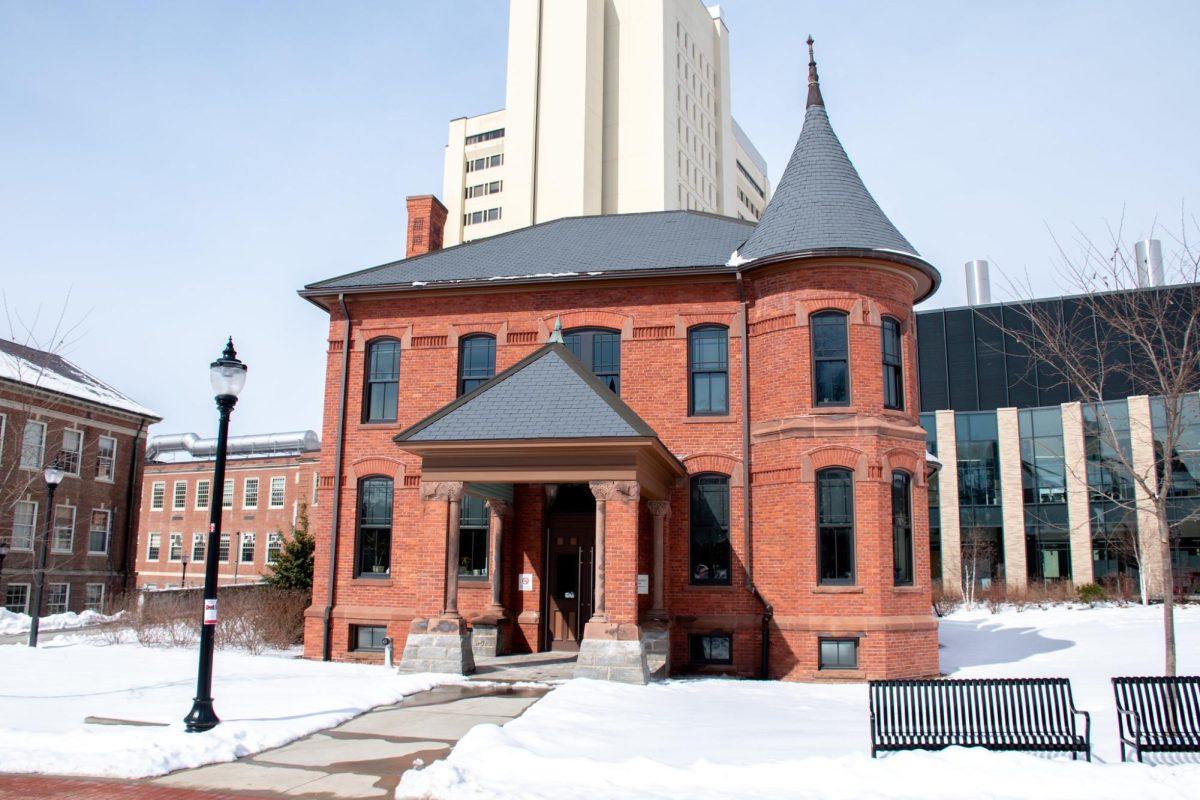When students sign up for classes, there are usually two tabs on their browser: the University’s portal to select classes, and the website RateMyProfessor.
While students must secure a spot in their required classes, the professor teaching the class is the most important variable when it comes to both the quality of the class and how enjoyable it is. RateMyProfessor is such a popular site because there is a huge discrepancy between the quality of professors employed; some are very good at teaching, and some may be setting their students up for failure.
There’s a particular sense of dread that clings to you when the only professor for a required class has a solid rating of 2.3. What’s worse is when the teacher has no reviews, meaning they either just started teaching or are a graduate student with no formal classroom teaching. I start to wonder why I’m even paying all this money to get a degree if a fair portion of professors aren’t qualified. It begs the question: why are there so many bad professors?
The simple answer is that professors often do not have degrees in education. When I brought this up to my friends and colleagues, I was surprised at how shocked they were. It appears that professors having fewer qualifications to teach than your kindergarten teacher isn’t common knowledge.
While professors are extraordinarily knowledgeable in their respective fields, it doesn’t necessarily mean that they can hold their own in a lecture hall or classroom. Education degrees teach valuable communication skills and empathy, as well as how to structures courses. Common issues and concerns students face may include a professor’s inability to make content digestible, unorganized classes and not cooperating with students when they need help or extensions.
Even if most professors are average at teaching, are we going to accept that the majority of professors are simply “alright” at teaching when the cost of a bachelor’s degree can exceed $500,000? Further complicating matters, state taxes fund public universities, which means taxpayers support universities where professors aren’t even licensed to teach.
However, taking courses to become licensed as a teacher takes time, and that time is ill-afforded to people at the cutting edge of their fields of study. If the United States wants to be at the forefront of innovation, they’d be hard-pressed to consider a licensure requirement for their faculty.
There is only one way to resolve this issue: professors at public universities should be required to have licenses, while professors at private universities can focus on being trailblazers. This way, the state can ensure they are instilling students with solid foundations in their studies and who will be efficient, productive workers, while also hosting universities that can promote innovation. While a Master’s in education won’t guarantee that a person is a competent teacher, it can certainly weed out those who are entirely incapable of being educators.
Professors can also continue their research while passing certification exams for education, as the theory and course load are light compared to the depths of their own studies. Teaching professors will expand jobs in the education sector, and governments can redirect funds to better support education. While tenure exists to protect distinguished professors from dismissal, losing tenure by failing to renew their teaching license every two-to-five years would prevent older professors from losing touch with their students.
One may say that people are required to attend school up to ages 18, depending on the state, and that college is a choice that individual citizens make. If the government is not making them go, why should we care? What is obvious, though, is that high schools push their students into applying to college. Their curriculum is practically built around it. If you haven’t learned a trade at a tech school, you have limited marketable skills that employers are looking for. Statistics expose the earnings deficit between college graduates and high school graduates to be approximately $18,000 per year. College is no longer a choice; it’s a required step in career development that prevents people from being pushed out of the economy.
The government must do a better job of making sure their citizens are educated properly. This isn’t just for the benefit of their constituents; this is a matter of national prosperity. With foreign powers competing on the world stage with the U.S. in all aspects, they should be doing a better job of creating a competent workforce that can boost our economy and our standard of living. Without this, the populace becomes disgruntled and uncultivated, ultimately weakening our country. If the U.S. wants to prosper in the future, it should give future generations educated educators.
William Fry can be reached at [email protected].







Sarah Sweeney • Dec 24, 2023 at 1:11 pm
Well thought out and considered. Thanks for restoring my faith that people under 40 actually care about our educational system.